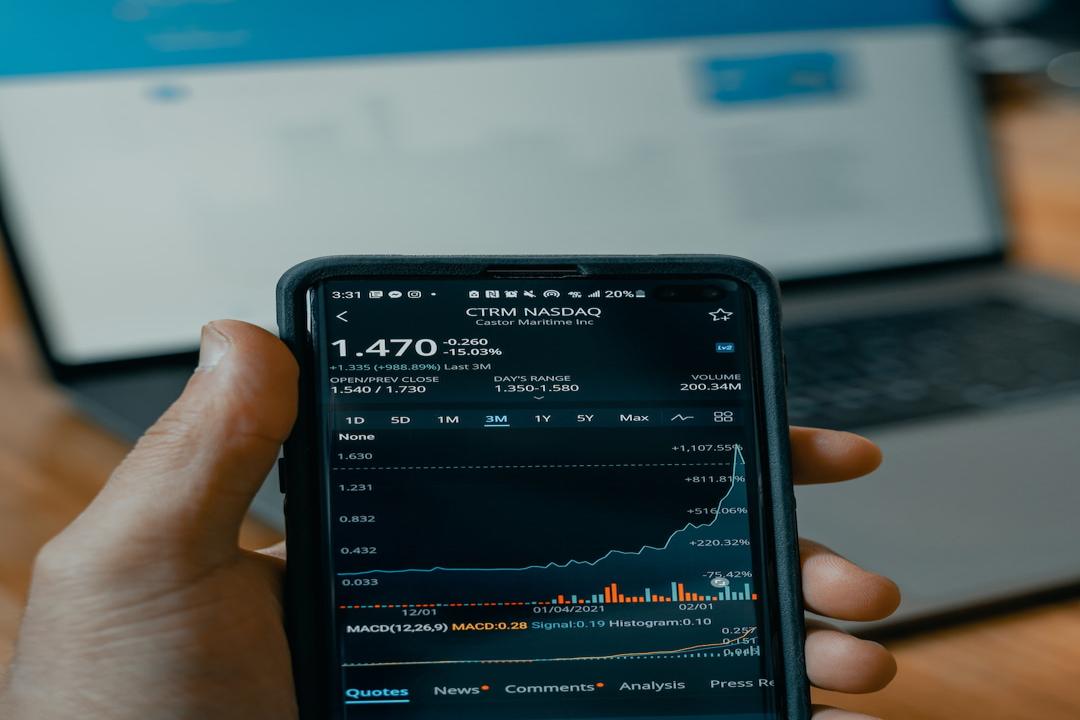Mattereum, a London-based initiative, is revolutionizing the intersection of real-world assets and blockchain technology. With the rise of crypto in 2024, there is a renewed buzz surrounding the concept of “bull,” and the approval of spot ETFs in the United States is paving the way for increased adoption of crypto and a greater focus on real-world assets (RWA).
RWA tokens, which act as representatives of tangible assets, have the potential to bridge the gap between crypto and traditional finance (TradFi). By tokenizing assets, RWA tokens can enhance the liquidity, accessibility, and efficiency of tokenized assets, ultimately leading to an estimated $280 billion in annual savings by shifting trade to the internet. Mattereum offers a blockchain-based solution to achieve this goal.
Mattereum, founded by Vinay Gupta, the former Ethereum launch coordinator, serves as a legal hub for developers looking to tokenize RWAs. The project’s innovative system enables the tokenization, fractionalization, and trading of real-world assets on-chain while establishing a legal connection between the token and the physical asset it represents.
Through the issuance of a Mattereum Asset Passport, Mattereum ensures a formal legal bond between the on-chain token and the physical asset. This Asset Passport verifies the ownership of the respective RWA, providing buyers with money-back warranties on the accuracy of information about the asset, such as its description, authenticity, and condition. Mattereum’s legal infrastructure is built upon the common law provisions for digital commerce in the United Kingdom, which are enforceable in over 170 countries thanks to the 1958 New York Convention on arbitration.
By bringing RWAs on-chain, Mattereum expands and globalizes the market for real-world assets, aligning with the fundamental principles of blockchain technology, including decentralization and borderlessness. Mattereum focuses primarily on high-value assets like gold, real estate, and fine art, as well as assets that have been slower to digitize compared to stocks and bonds. However, the platform’s solution can be applied to almost any asset class.
Mattereum offers users the option to tokenize assets through both nonfungible tokenization and fractionalization. Users can mint an ERC-721 token, the Ethereum standard for nonfungible tokens (NFTs), to create a complete digital twin of the asset. Alternatively, they can mint ERC-20 representatives to fractionalize the real-world asset.
Since its establishment in 2017, Mattereum has been working to establish smart contracts as legally accepted contracts on the blockchain. The RWA project began offering services in 2021, starting with the tokenization of Hollywood collectibles from popular movies and then expanding to include gold and real estate.
Currently, Mattereum is focused on its token sale, led by its German subsidiary Mattereum GmbH. The proceeds from the sale of the Mattereum Discount Token (MATR) will be used to fund the expansion and development of the company. The platform will also feature tokenized and fractionalized gold and real estate on-chain.
Vinay Gupta, the founder and CEO of Mattereum, commented on the role Mattereum plays in bridging the gap between blockchain and traditional assets. The MATR token is available for purchase through Swarm, Mattereum GmbH’s fully regulated German crypto exchange partner. However, residents of the United Kingdom and the United States are excluded from the public sale of MATR.
As crypto continues to gain momentum, the focus on RWAs is set to grow, and Mattereum offers a comprehensive perspective on tokenization that prioritizes legality and compliance. To learn more about Mattereum and its innovative solutions, visit their website.
Disclaimer: This article is sponsored content. Cointelegraph does not endorse any specific product or content on this page. Readers should conduct their own research before making any investment decisions and take full responsibility for their actions.

